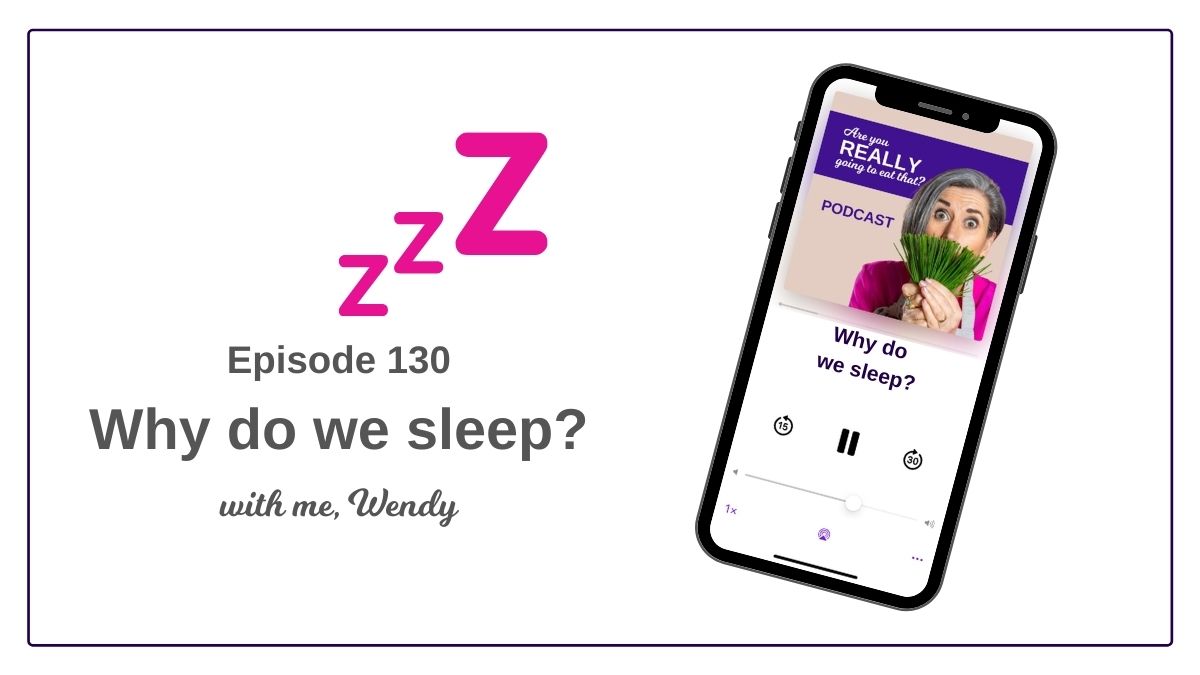In this week’s podcast, I discuss sleep, why we need to sleep, and what would happen if we didn’t sleep.
Do we actually need to sleep?
Scientists have explored the question of why we sleep from many different angles. They have examined, for example, what happens when humans or other animals are deprived of sleep. Studies show that it affects our mood, our immune system, our sex drive and our health. So whilst wthe question of why we sleep has been difficult to answer, it is clear that lack of sleep is detrimental to our health.
We don’t sleep for a one reason, we sleep for multiple reasons.
There is a theory that we evolved to sleep as a protection against threat and death, but as we are still sleeping now that we are living in relative safety, there has to be a more biological reason for this.
Restorative sleep
Sleep provides an opportunity for the body to repair and rejuvenate itself, no sleep, no repair. Many of the major restorative functions in the body like muscle growth, tissue repair, protein synthesis, and growth hormone release occur mostly, or in some cases only, during sleep.
According to Harvard Medical School – Sleep Division, evidence collected in studies show that animals deprived entirely of sleep, lose all immune function and die in just a matter of weeks. Anecdotally we know, usually from personal experience, that if we have had a period of poor sleep we are more susceptible to falling ill.
Brain health
While we are awake we produce adenosine (a chemical found in human cells), and the level of adenosine in our cells informs our perception of being tired. We clear adenosine when we sleep, this could be why we have a ‘second wind’ as our body is becomes less responsive to the signals. It’s also important to note that caffeine blocks the action of adenosine – and therefore keeps us alert.
Findings show that sleep is correlated to changes in the structure and organisation of the brain. In this phenomenon, known as brain plasticity, it is clear that sleep plays a critical role in brain development in infants and young children. Infants spend about 13 to 14 hours per day sleeping, and about half of that time is spent in REM sleep, the stage in which most dreams occur. A link between sleep and brain plasticity is becoming clear in adults as well.
In practical terms, just think about how sleep deprivation has on our ability to learn and concentrate. Our mood and feelings of wellbeing are directly correlated to the quality of our sleep.
Get to bed earlier
A recent study showed that going to bed earlier improved your health, and particularly your immune system and inflammation; both drivers for chronic illnesses. The study also showed that you couldn’t ‘catch up’ on your sleep, and that the key factor was the time before midnight rather than the duration.
My links
What do you think of this episode? Join me next week when I share some tips on how to improve your sleep.
Are you a female and would like to know more about ways to support your health and wellbeing? I have a free facebook group where I offer lots of tips and advice, plus support from other like-minded ladies. I help you cut through the headlines, understand how to fuel your body well, and rediscover your shine.
Join the Fab Female Nutrition Club for free today.
Want to know how you can work with me?
I offer group programs throughout the year where I take ladies on a transformational journey to improve hormone health, digestive system and mental health. Give me just 28 days and I’ll give you a NEW YOU. Find out more here

